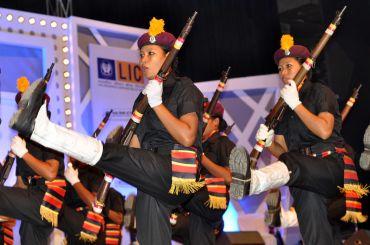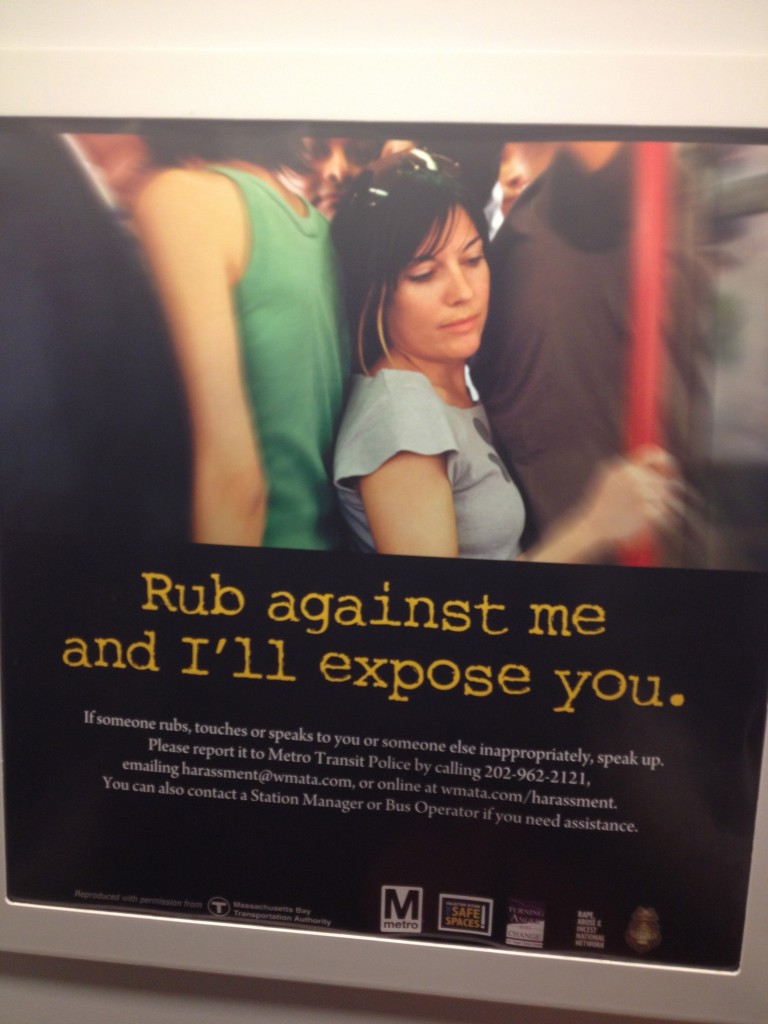I was heading home from work, and was walking down the footpath, when a group of young adults pulled there car to the side , and the guy in the passenger seat pulls down his window and yells out, “Hey there, the biggest set of tits I’ve ever seen,” he then starts laughing.
Although I had my headphones in I could still hear him but pretended not to. They then drove of. I was so scared and embarrassed, I cried the rest of my way home, and it wasn’t like I was wearing a low cut top, I was in my work uniform (buttoned up shirt). This kind of behaviour is disgusting and I feel as though I can’t walk that way anymore.
– SK
Location: Broad daylight


 5. After observing men at a construction site in London harassing women day after day,
5. After observing men at a construction site in London harassing women day after day, 

